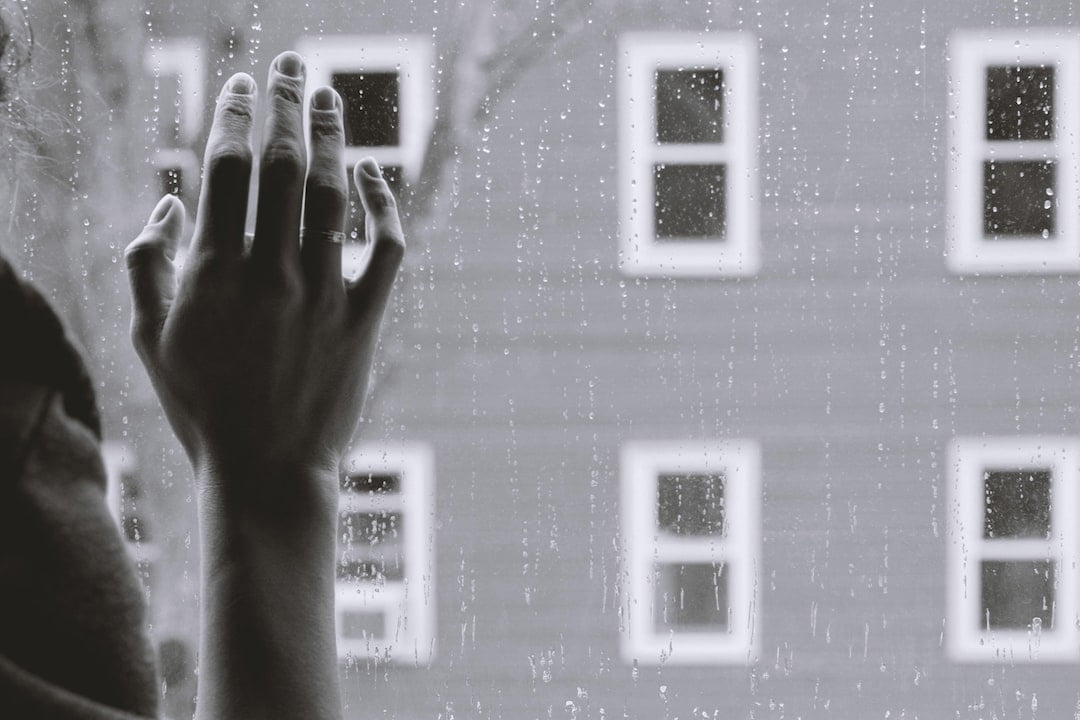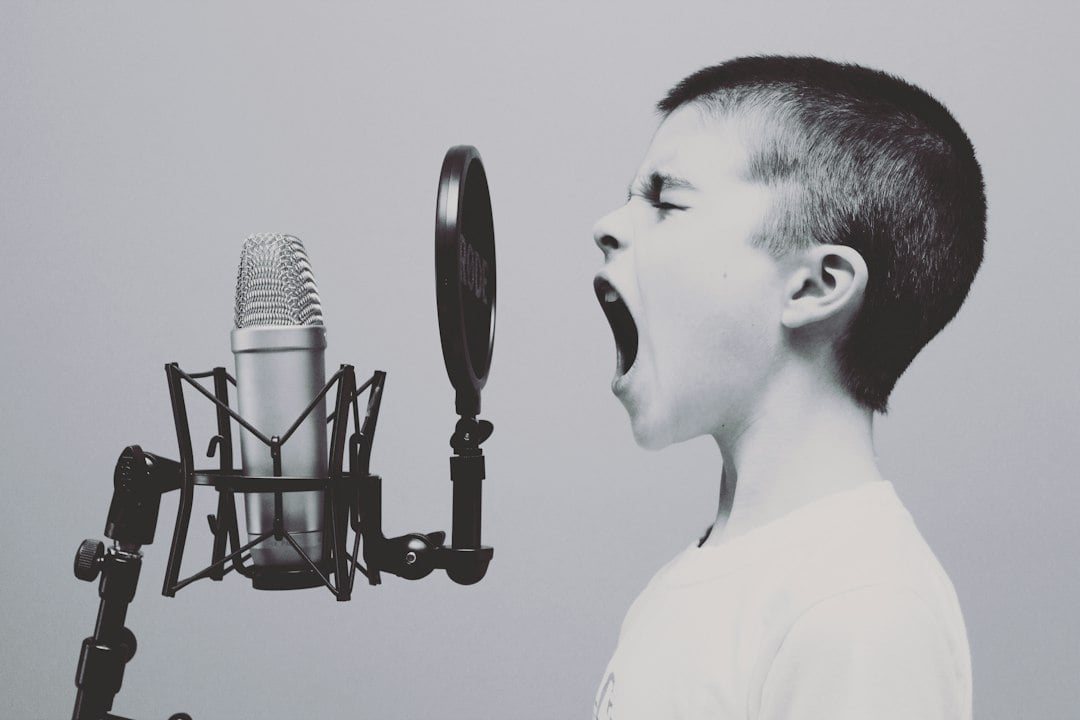
Sleep Soundly: Exploring Alternative Therapies for Insomnia
Insomnia is a sleep disorder characterized by difficulty falling asleep, staying asleep, or both. It can lead to daytime fatigue, irritability, and difficulty concentrating. Insomnia affects a significant portion of the population, with estimates suggesting that around 30% of adults experience symptoms of insomnia at some point in their lives.
The negative effects of insomnia on health are numerous and far-reaching. Chronic insomnia has been linked to an increased risk of developing conditions such as depression, anxiety, obesity, diabetes, and cardiovascular disease. It can also impair immune function and increase the risk of accidents and injuries.
Key Takeaways
- Insomnia can have negative effects on physical and mental health.
- Conventional treatments for insomnia may have limitations and side effects.
- Alternative therapies for insomnia include acupuncture, herbal medicine, mindfulness meditation, yoga, hypnotherapy, and music therapy.
- Acupuncture and herbal medicine have been shown to improve sleep quality and duration.
- Mindfulness meditation, yoga, hypnotherapy, and music therapy can also be effective in promoting relaxation and better sleep.
Conventional Treatments for Insomnia: Limitations and Side Effects
Conventional treatments for insomnia typically involve the use of medications or cognitive-behavioral therapy (CBT). Medications such as benzodiazepines and non-benzodiazepine hypnotics are commonly prescribed to help individuals sleep. While these medications can be effective in the short term, they come with limitations and potential side effects.
One limitation of medication-based treatments is that they often only provide temporary relief and do not address the underlying causes of insomnia. Additionally, some individuals may develop a tolerance to the medications over time, requiring higher doses for the same effect. This can lead to dependence and withdrawal symptoms when trying to discontinue use.
Side effects of sleep medications can include drowsiness, dizziness, impaired coordination, memory problems, and an increased risk of falls in older adults. There is also a potential for more serious side effects such as sleepwalking, sleep eating, or even engaging in activities without full awareness or memory.
Alternative Therapies for Insomnia: An Overview
Alternative therapies offer a different approach to treating insomnia by focusing on natural remedies and techniques that promote relaxation and improve sleep quality. These therapies can be used alone or in conjunction with conventional treatments to enhance their effectiveness.
Alternative therapies encompass a wide range of practices, including acupuncture, herbal medicine, mindfulness meditation, yoga, hypnotherapy, and music therapy. These therapies aim to address the underlying causes of insomnia and promote a sense of calm and relaxation to facilitate better sleep.
Acupuncture: How It Works and Its Effects on Sleep
| Topic | Data/Metrics |
|---|---|
| Acupuncture | A form of alternative medicine that involves inserting thin needles into specific points on the body to stimulate energy flow and promote healing. |
| How it works | Acupuncture is believed to work by stimulating the nervous system to release chemicals that help reduce pain and inflammation, improve circulation, and promote relaxation. |
| Effects on sleep | Studies have shown that acupuncture can help improve sleep quality and duration, reduce insomnia, and alleviate sleep disorders such as sleep apnea and restless leg syndrome. |
| Benefits | Aside from improving sleep, acupuncture has been shown to help with a variety of conditions including chronic pain, anxiety, depression, and digestive issues. |
| Side effects | Acupuncture is generally considered safe when performed by a licensed practitioner, but some people may experience mild side effects such as soreness, bruising, or bleeding at the needle insertion site. |
Acupuncture is a traditional Chinese medicine practice that involves inserting thin needles into specific points on the body. It is believed to stimulate the flow of energy, or qi, along meridians in the body. Acupuncture has been used for centuries to treat various health conditions, including insomnia.
Acupuncture can improve sleep by promoting relaxation and reducing anxiety and stress. It has been shown to increase the production of endorphins, which are natural painkillers and mood enhancers. Acupuncture may also regulate the release of neurotransmitters involved in sleep-wake cycles, such as serotonin and melatonin.
Research studies have found acupuncture to be effective in improving sleep quality and reducing insomnia symptoms. A meta-analysis of 46 randomized controlled trials found that acupuncture was more effective than sham acupuncture or no treatment in improving sleep quality and reducing insomnia severity.
Herbal Medicine: Natural Remedies for Insomnia
Herbal medicine involves the use of plant-based remedies to promote health and well-being. Many herbs have been traditionally used for their sedative and calming properties, making them potential options for treating insomnia.
Common herbs used for insomnia include valerian root, chamomile, lavender, passionflower, and lemon balm. These herbs can be consumed as teas, tinctures, or supplements. They are believed to work by promoting relaxation, reducing anxiety, and improving sleep quality.
While herbal medicine can be a natural alternative to conventional medications for insomnia, it is important to note that not all herbal remedies are safe or effective. Some herbs may interact with medications or have side effects of their own. It is essential to consult with a healthcare professional before using herbal remedies for insomnia.
Mindfulness Meditation: Techniques for Relaxation and Better Sleep

Mindfulness meditation is a practice that involves focusing one’s attention on the present moment without judgment. It can be done through various techniques, such as focusing on the breath, body scan, or guided imagery. Mindfulness meditation has been shown to reduce stress, anxiety, and improve overall well-being.
Mindfulness meditation can improve sleep by promoting relaxation and reducing racing thoughts and worries that often contribute to insomnia. It can help individuals develop a greater awareness of their thoughts and emotions, allowing them to let go of stress and tension before bedtime.
Research studies have found mindfulness meditation to be effective in improving sleep quality and reducing insomnia symptoms. A systematic review of 18 randomized controlled trials found that mindfulness-based interventions were associated with significant improvements in sleep quality, sleep duration, and insomnia severity.
Yoga: Poses and Breathing Techniques for Insomnia
Yoga is a mind-body practice that combines physical postures, breathing exercises, and meditation. It has been practiced for thousands of years and is known for its ability to promote relaxation, reduce stress, and improve overall well-being.
Certain yoga poses and breathing techniques can be particularly beneficial for individuals with insomnia. Gentle forward bends, such as Child’s Pose or Legs-Up-The-Wall pose, can help calm the nervous system and promote relaxation. Deep breathing exercises, such as alternate nostril breathing or belly breathing, can also help induce a state of calmness before bedtime.
Research studies have shown that yoga can improve sleep quality and reduce insomnia symptoms. A systematic review of 17 randomized controlled trials found that yoga interventions were associated with significant improvements in sleep quality, sleep efficiency, and total sleep time.
Hypnotherapy: Tapping into the Power of the Subconscious Mind
Hypnotherapy is a therapeutic technique that uses hypnosis to induce a state of deep relaxation and heightened suggestibility. It aims to tap into the power of the subconscious mind to promote positive changes in thoughts, behaviors, and emotions.
Hypnotherapy can improve sleep by addressing underlying psychological factors that contribute to insomnia, such as stress, anxiety, or negative thought patterns. It can help individuals develop new coping strategies and beliefs that promote relaxation and better sleep.
Research studies have found hypnotherapy to be effective in improving sleep quality and reducing insomnia symptoms. A meta-analysis of 24 randomized controlled trials found that hypnotherapy was associated with significant improvements in sleep quality, sleep duration, and insomnia severity.
Music Therapy: Soothing Sounds for a Restful Sleep
Music therapy involves the use of music to promote emotional, mental, and physical well-being. It can be used as a standalone therapy or in conjunction with other treatments for various health conditions, including insomnia.
Certain types of music, such as classical or slow-tempo instrumental music, have been found to have a calming effect on the nervous system and promote relaxation. Music therapy can help individuals unwind before bedtime and create a soothing environment conducive to sleep.
Research studies have shown that music therapy can improve sleep quality and reduce insomnia symptoms. A systematic review of 10 randomized controlled trials found that music interventions were associated with significant improvements in sleep quality, sleep efficiency, and insomnia severity.
Choosing the Best Alternative Therapy for Insomnia
In conclusion, alternative therapies offer a range of options for individuals seeking natural remedies for insomnia. Acupuncture, herbal medicine, mindfulness meditation, yoga, hypnotherapy, and music therapy are all viable alternatives to conventional treatments.
When choosing an alternative therapy for insomnia, it is important to consider individual preferences, needs, and safety concerns. Consulting with a healthcare professional is essential to ensure that the chosen therapy is appropriate and does not interact with any existing medications or health conditions.
While alternative therapies can be effective in improving sleep quality and reducing insomnia symptoms, they should not replace conventional treatments without proper guidance. Integrating alternative therapies with conventional treatments may provide the best approach for managing insomnia and promoting better sleep.
FAQs
What is insomnia?
Insomnia is a sleep disorder characterized by difficulty falling asleep, staying asleep, or both. It can lead to daytime fatigue, irritability, and difficulty concentrating.
What are the causes of insomnia?
Insomnia can be caused by a variety of factors, including stress, anxiety, depression, medical conditions, medications, caffeine, alcohol, and poor sleep habits.
What are alternative therapies for insomnia?
Alternative therapies for insomnia include acupuncture, aromatherapy, cognitive behavioral therapy, hypnosis, meditation, and yoga.
How does acupuncture help with insomnia?
Acupuncture involves the insertion of thin needles into specific points on the body to stimulate the flow of energy. It is believed to help with insomnia by reducing stress and anxiety, promoting relaxation, and improving sleep quality.
How does aromatherapy help with insomnia?
Aromatherapy involves the use of essential oils to promote relaxation and improve sleep quality. Lavender, chamomile, and ylang-ylang are commonly used for insomnia.
What is cognitive behavioral therapy for insomnia?
Cognitive behavioral therapy for insomnia (CBT-I) is a type of therapy that helps individuals identify and change negative thoughts and behaviors that contribute to insomnia. It may involve relaxation techniques, sleep hygiene education, and other strategies.
How does hypnosis help with insomnia?
Hypnosis involves inducing a trance-like state to promote relaxation and reduce stress and anxiety. It may be used to help individuals with insomnia fall asleep more easily and improve sleep quality.
How does meditation help with insomnia?
Meditation involves focusing the mind on a specific object or thought to promote relaxation and reduce stress and anxiety. It may be used to help individuals with insomnia fall asleep more easily and improve sleep quality.
How does yoga help with insomnia?
Yoga involves physical postures, breathing exercises, and meditation to promote relaxation and reduce stress and anxiety. It may be used to help individuals with insomnia fall asleep more easily and improve sleep quality.


















